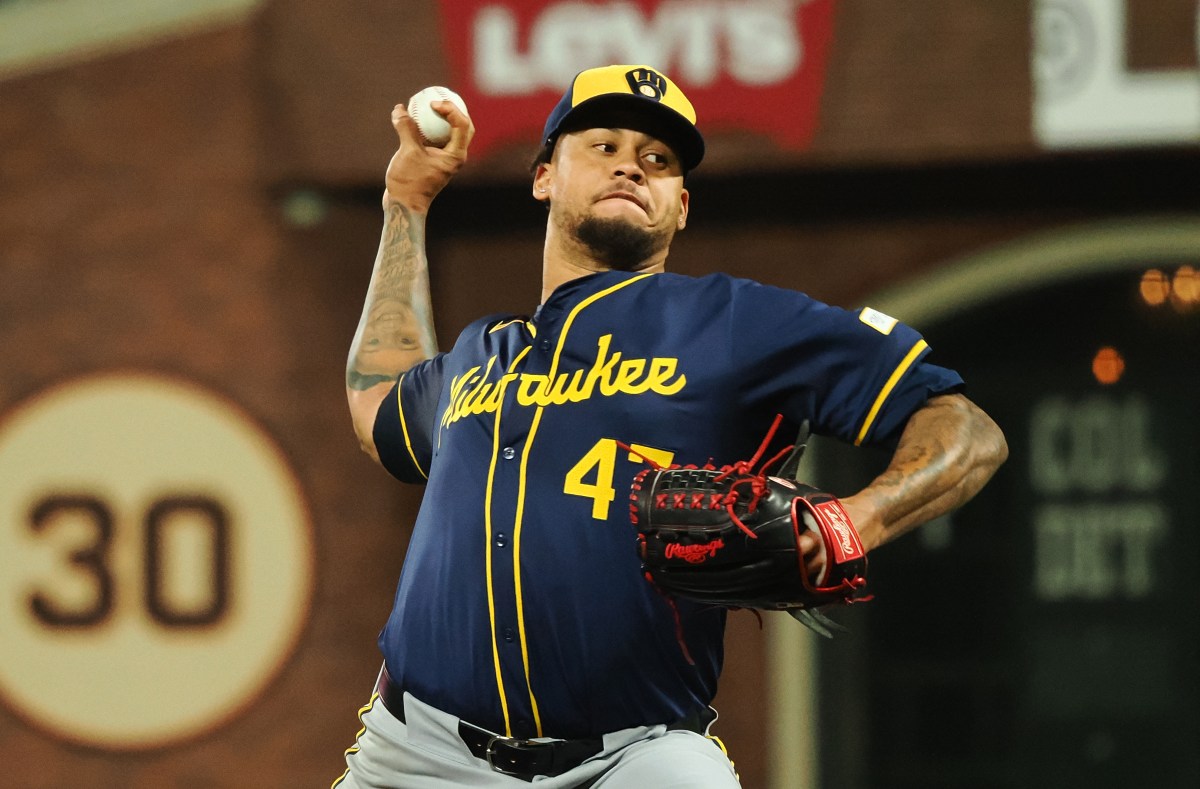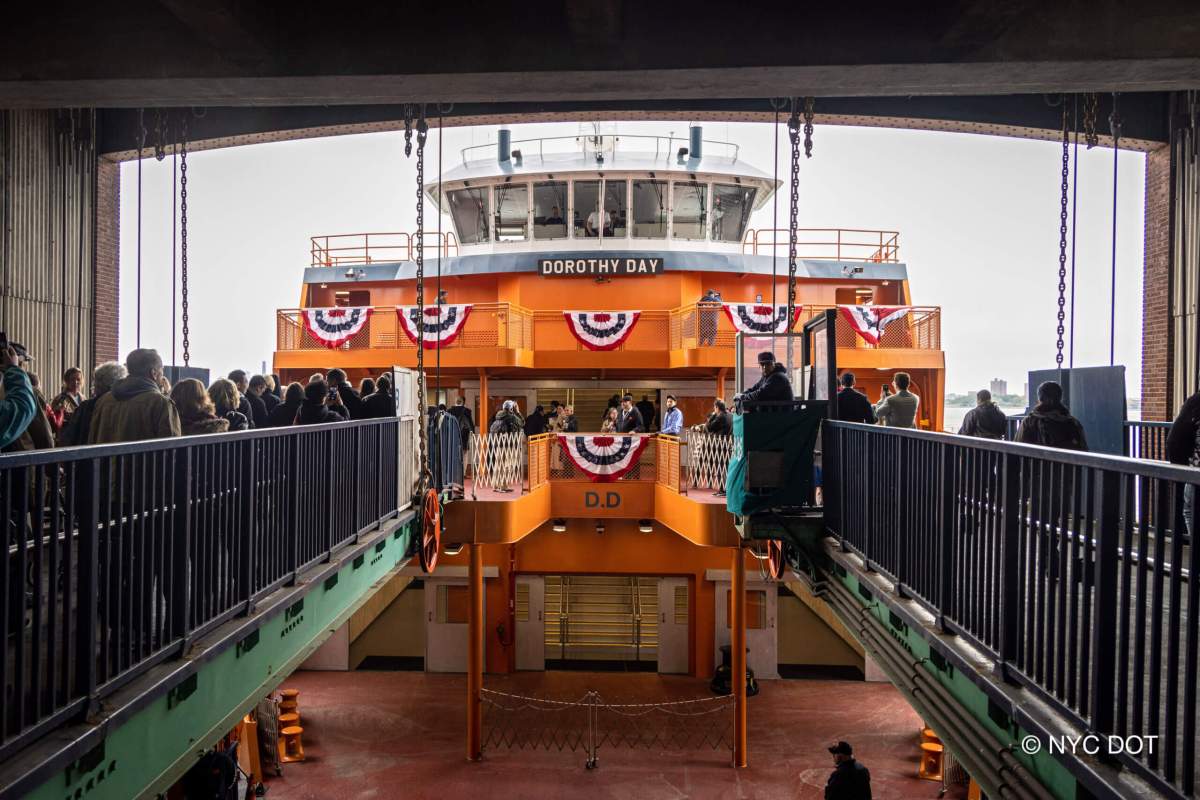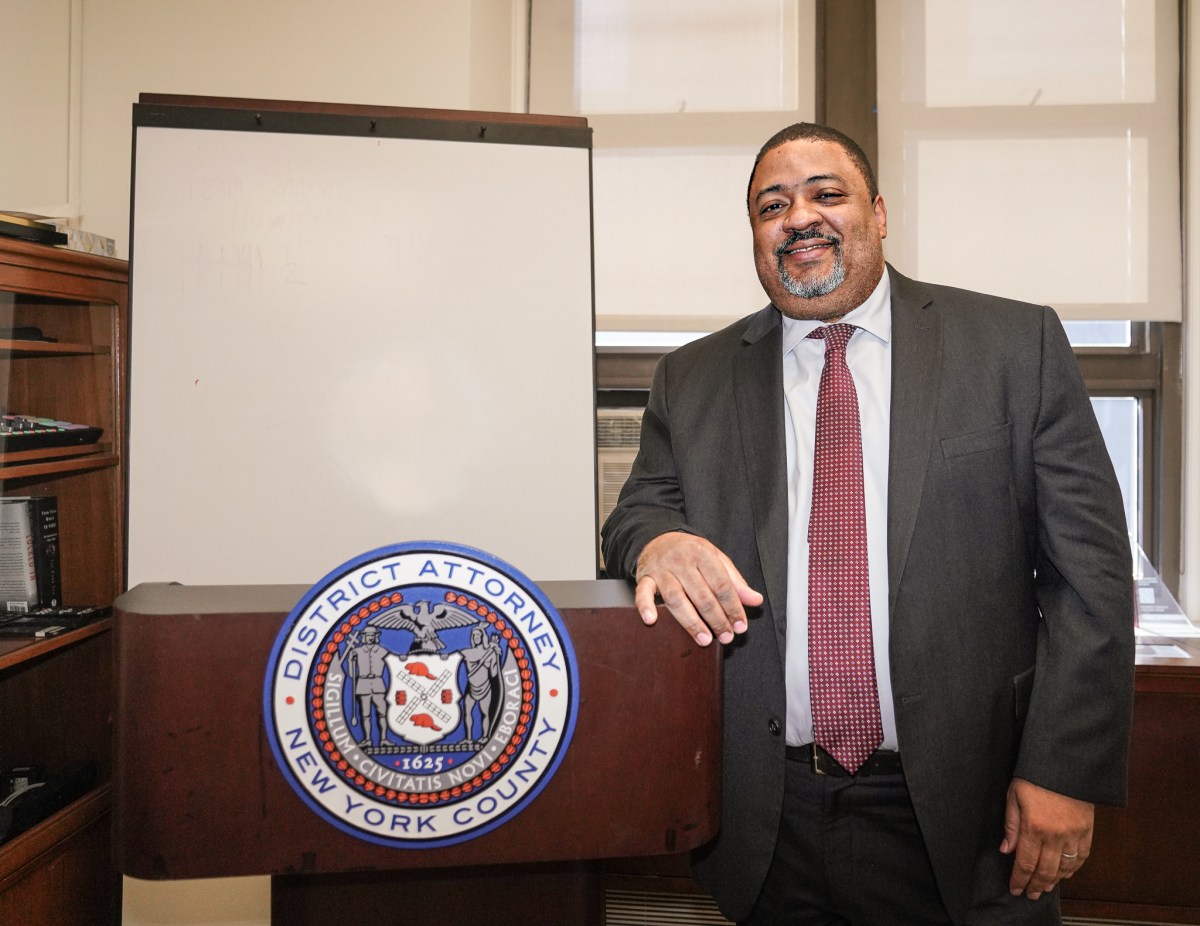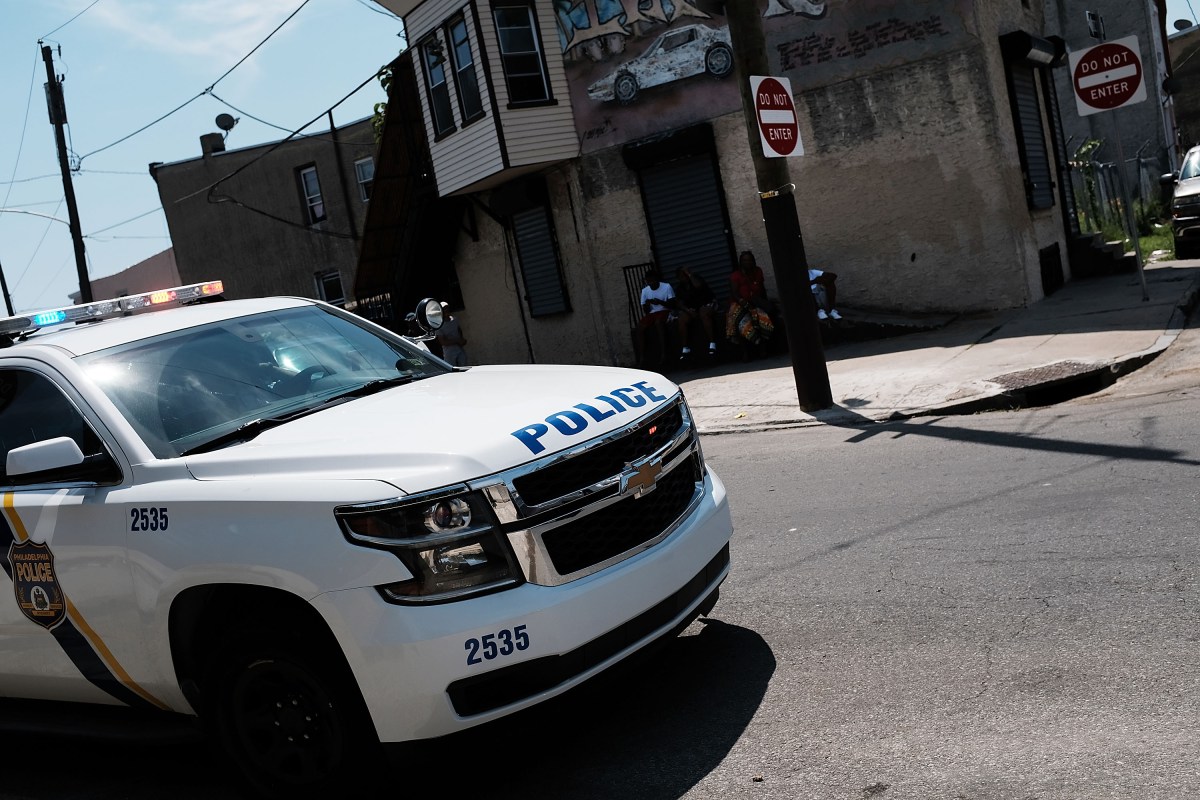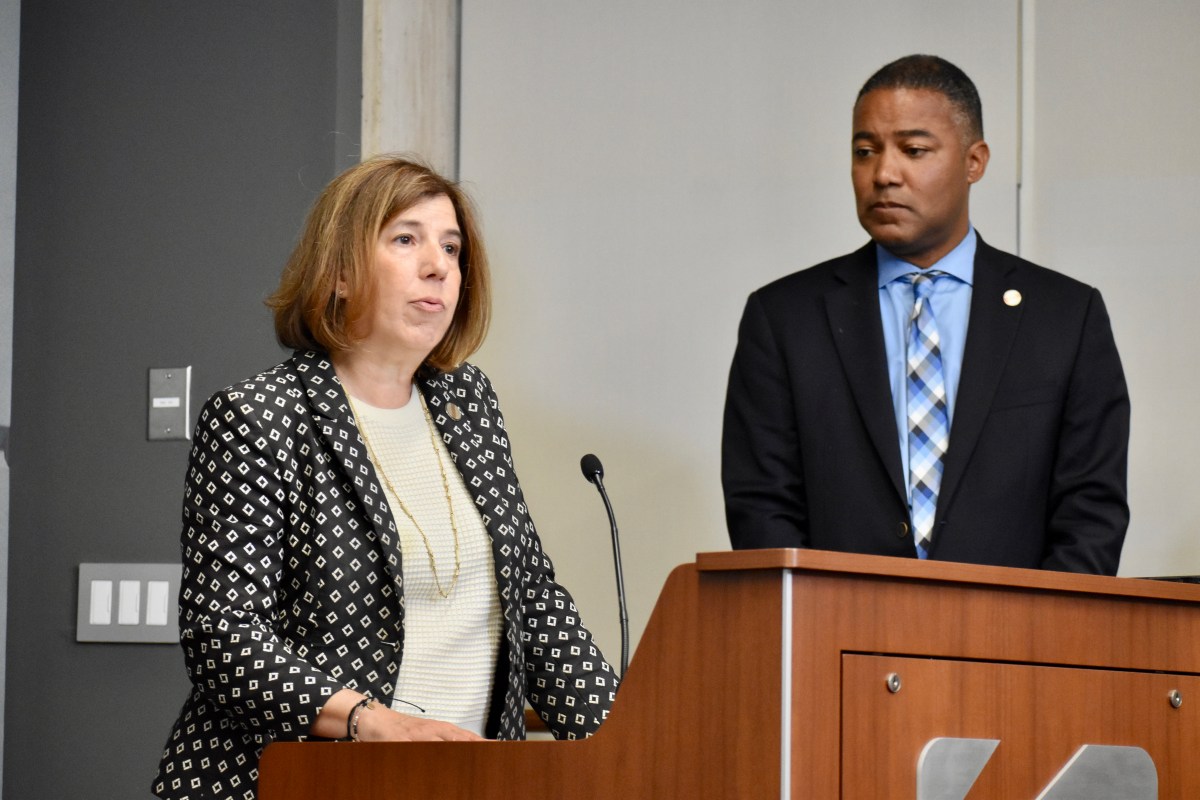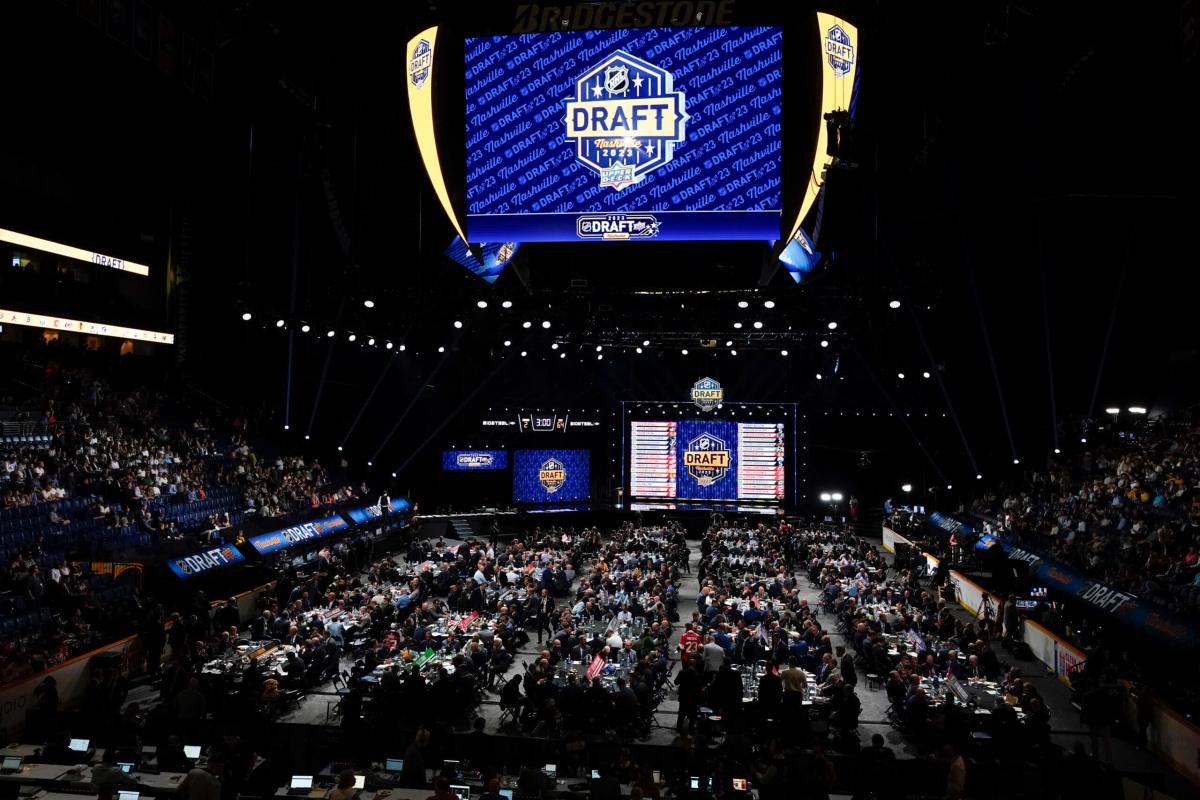BEIJING (AP) — Chinese leader Xi Jinping will visit Hong Kong to celebrate next week’s 25th anniversary of the former British colony’s return to China following a crackdown on a pro-democracy movement that has inflamed tension with Washington and Europe.
Xi will attend an anniversary gathering and the first meeting of the new government of Chief Executive John Lee, the official Xinhua News Agency announced Saturday. It gave no indication how long Xi, who is president and general secretary of the ruling Communist Party, might stay or other details.
Xi has avoided trips outside the Chinese mainland since the start of the coronavirus pandemic 2 1/2 years ago. His decision to go to Hong Kong, which struggled to contain a surge in infections this year, reflects the anniversary’s importance to Xi, who wants to be seen as leading a “national rejuvenation” amid a military buildup and more assertive Chinese policy abroad.
The anniversary follows a crackdown led in part by Lee, a former Hong Kong security chief, to crush pro-democracy sentiment. Activists have been sentenced to prison, scores of others arrested and Hong Kong’s most prominent pro-democracy newspaper shut down.
The tighter controls under a national security law imposed in 2020 have prompted some people to leave for Taiwan, Britain and other countries.
That has prompted warnings the ruling party is ruining Hong Kong’s status as a global business and financial center.
Hong Kong, one of Asia’s richest cities and a global business center with thriving film, publishing and other creative industries, returned to China on July 1, 1997 under an agreement that promised a “high degree of autonomy” for 50 years.
Activists and foreign governments say Beijing has reneged on that commitment. The United States suspended agreements that treated Hong Kong as a separate territory for trade, saying the city no longer had enough autonomy from control by Beijing.
Two years later, the neighboring Portuguese territory of Macao returned to China in 1999, allowing the ruling party to say it had ended foreign colonialism.
Since the Hong Kong handover, ordinary people in the territory have struggled with soaring living costs that inflamed political tension.
Beijing imposed the National Security Law in 2020 following protests that erupted over a proposed extradition law and spread to include demands for more democracy. The territory has banned commemorations of the ruling party’s violent 1989 crackdown on the Tiananmen Square pro-democracy movement.
Those sentenced to prison include Jimmy Lai, former publisher of the defunct pro-democracy newspaper Apple Daily, and Hong Kong’s 90-year-old former Roman Catholic bishop, Joseph Zen.
The crackdown adds to tension between Beijing and the United States, Europe, Japan and other Asian governments over human rights, Taiwan and conflicts with its neighbors over Chinese territorial claims in the South China and East China seas.
Hong Kong’s final British colonial governor, Chris Patten, expressed heartbreak this month over the crackdown.
“I thought there was a prospect that (China) would keep its word, and I’m sorry that it hasn’t,” Patten told The Associated Press on June 20 in London. “I just find it intensely difficult. I do believe that Hong Kong is a great city, I hope it will be a great city again.”









